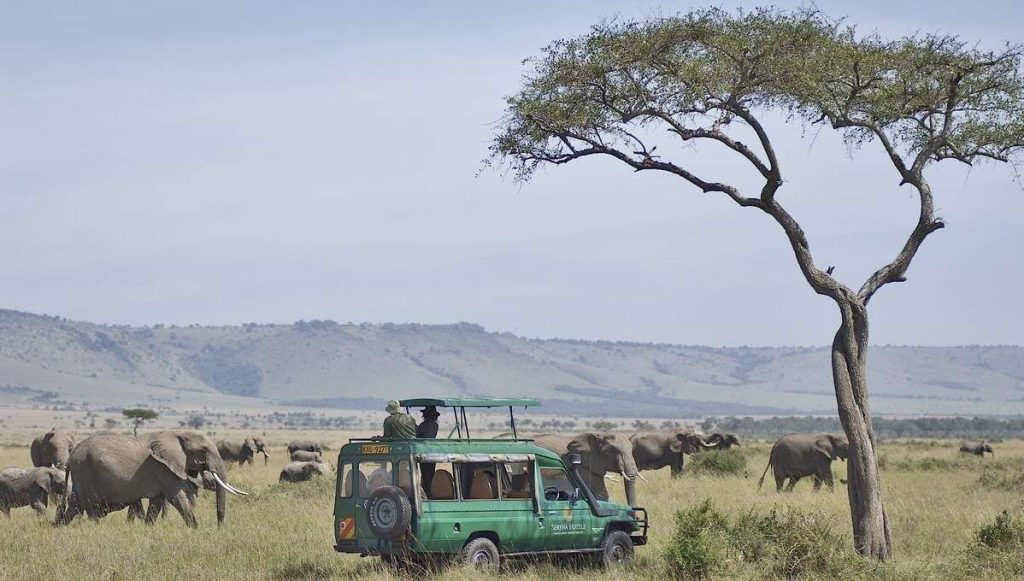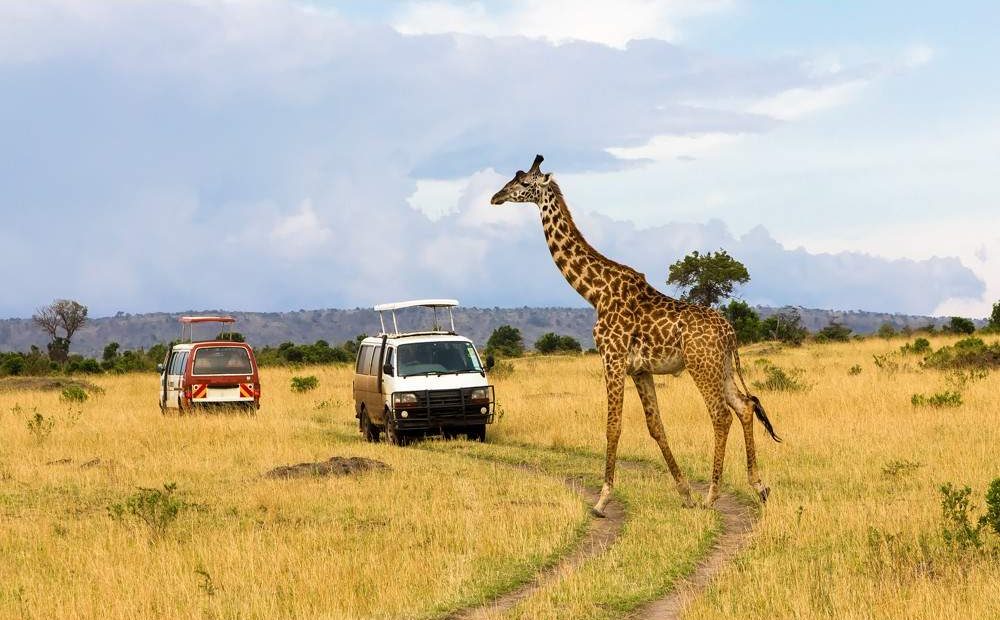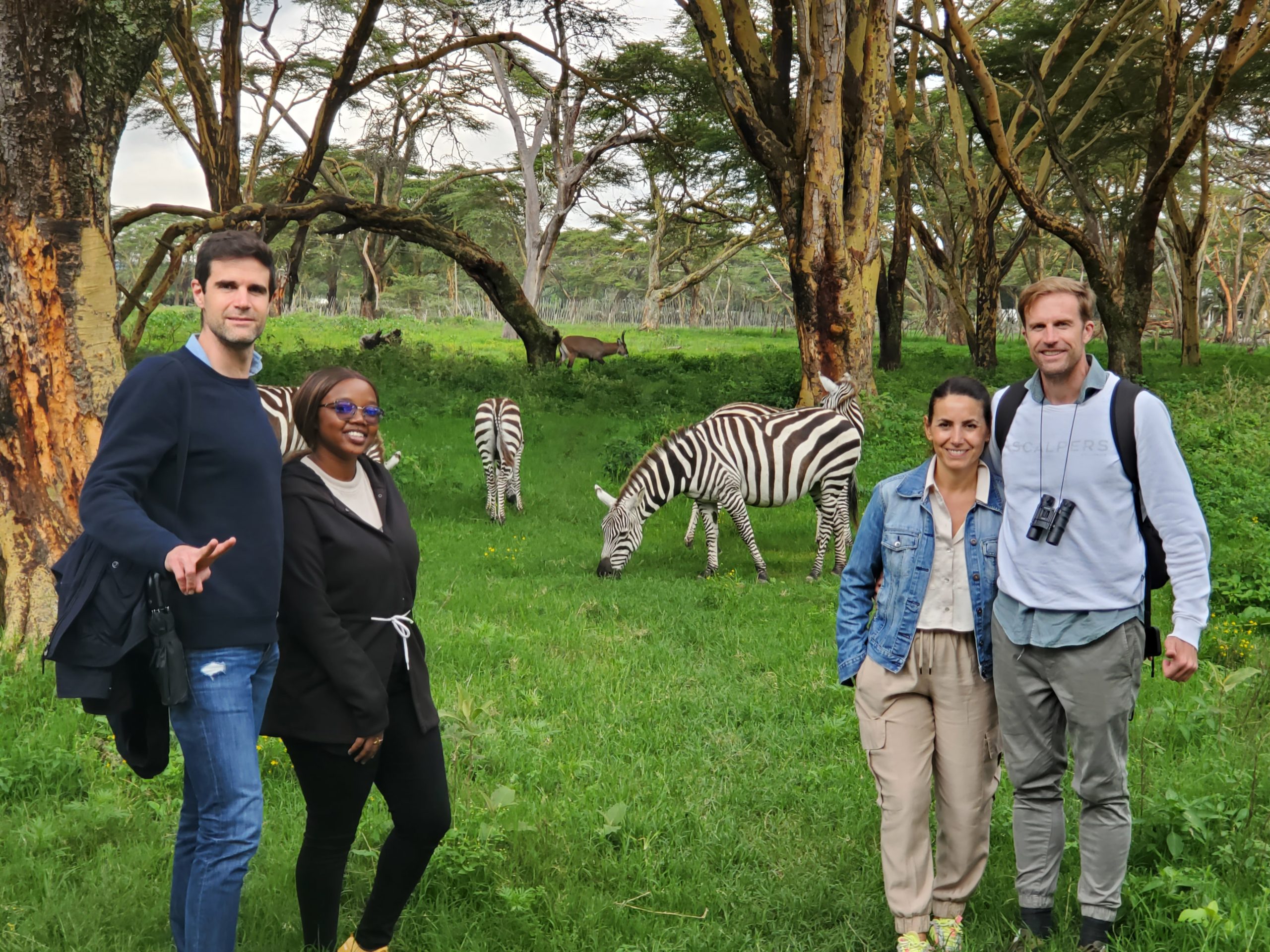Thinking about traveling to Kenya but worried about safety? You’re not alone. Safety is a top concern for travelers worldwide, and understanding the risks and how to mitigate them can make all the difference. Let’s dive into whether Kenya is safe for travel and how you can enjoy a worry-free trip.
Defining Safety in Travel
When we talk about safety in travel, we’re looking at various factors: health, crime, transportation, environmental risks, and cultural sensitivities. Each of these elements plays a role in determining the overall safety of a destination.
Importance of Safety Research
Before embarking on any trip, researching safety is crucial. Knowing what to expect and how to prepare can help prevent potential issues and ensure a smooth and enjoyable journey.
Current Safety Situation in Kenya

General Safety Overview
Kenya is a beautiful country with much to offer, from its stunning landscapes to its vibrant culture. However, like any destination, it has its safety concerns. Generally, Kenya is considered safe for tourists, especially in popular tourist destinations like Nairobi, Maasai Mara, and Mombasa. But staying informed and vigilant is key.
Government Travel Advisories
It’s always wise to check your government’s travel advisories before heading to Kenya. These advisories provide updated information on safety, potential risks, and areas to avoid. The US Department of State, for example, offers detailed advice on traveling to Kenya.
Health and Medical Safety

Vaccinations and Health Precautions
Health safety is a major consideration. Ensure you’re up-to-date on routine vaccines and consider additional ones such as Hepatitis A, Typhoid, and Yellow Fever. Malaria is also a risk in some areas, so taking preventive measures is crucial.
Access to Medical Facilities
Kenya has reputable medical facilities, particularly in Nairobi. However, in remote areas, access to medical care can be limited. It’s recommended to have travel insurance that covers medical evacuation in case of serious health issues. When booking a safari please confirm with your agent whether they offer AMREF flying doctors medical airlift cover. Note that booking with camptrek Will give you free access to the cover as we have partnered with them.
Crime and Personal Safety

Common Types of Crime
Petty crimes like pickpocketing and bag snatching are common in crowded areas. More serious crimes, such as carjacking and armed robbery, can occur but are less frequent. Being aware of your surroundings and taking precautions can reduce the risk.
Areas to Avoid
Certain areas in Kenya are best avoided due to higher crime rates or political instability. These include parts of Nairobi like Eastleigh and some coastal regions near the Somali border and some of the northern rift region. Stick to well-known tourist areas and follow local advice.
Transportation Safety

Road Safety
Road conditions in Kenya vary, with some roads in poor condition. Driving can be challenging due to traffic, aggressive driving habits, and animals on the road. If possible, hire a local driver or use reputable taxi services.
Public Transportation
Public transportation, including buses and matatus (minibusses), can be unsafe due to overcrowding and poor maintenance. Opt for private transfers or organized tours for safer travel.
Air Travel
Kenya has several reliable airlines for domestic flights. Major airports like Jomo Kenyatta International Airport in Nairobi adhere to international safety standards.
Wildlife and Environmental Safety

National Parks and Wildlife Reserves
Kenya’s national parks and reserves are stunning, but they come with their own set of risks. Always follow the guidelines provided by park authorities and never approach wildlife too closely.
Safety Guidelines for Wildlife Encounters
When on safari, stay inside the vehicle unless your guide advises otherwise. Follow your guide’s instructions at all times to ensure both your safety and the animal’s well-being.
Cultural Sensitivity and Respect

Understanding Local Customs
Kenya is home to diverse cultures and traditions. Being respectful and understanding local customs enhances your experience and helps you avoid unintentional offenses.
Dress Code and Behavior
Dress modestly, especially in rural areas and religious sites. Avoid loud or aggressive behavior and always ask for permission before taking photos of people.
Travel Tips for Staying Safe in Kenya
General Safety Tips
- Keep your valuables secure and out of sight.
- Use ATMs in secure, well-lit areas.
- Avoid walking alone at night.
- Stay informed about local news and potential risks.
Staying Connected
Having a local SIM card can be very useful for staying in touch and accessing maps. Safaricom and Airtel are popular providers.
Emergency Contacts
Save important contacts, including your country’s embassy, local emergency services, and your travel insurance provider. Also, ask your guide if on a guided safari to provide you with company emergency contacts.
Conclusion
Kenya is a captivating destination with incredible experiences to offer. While there are safety considerations to keep in mind, being well-prepared and cautious can help ensure a safe and memorable trip. Happy travels! #Africaisafeeling
FAQs
- What should I do in case of a medical emergency?
In case of a medical emergency, contact your travel insurance provider for guidance and head to the nearest reputable medical facility. Having emergency numbers handy is crucial. We will provide you with Amref Flying doctors cover that gives you a priority lift-off in case of an emergency.
- Are safaris in Kenya safe?
Yes, safaris in Kenya are generally safe when conducted by reputable operators. Follow your guide’s instructions and adhere to safety guidelines to enjoy a secure safari experience. Choose a reputable and licensed operator. #Camptrek safaris
- Is it safe to travel alone in Kenya?
Traveling alone in Kenya can be safe if you take common precautions. Stay in well-populated areas, avoid risky neighborhoods, and stay connected with someone who knows your whereabouts.
- How can I protect my belongings?
Keep your belongings secure by using anti-theft bags, locking valuables in your hotel safe, and being cautious in crowded areas. Avoid displaying expensive items publicly.
- What areas should I avoid in Kenya?
Avoid high-risk areas such as Eastleigh in Nairobi and regions near the Somali border. Stay updated with travel advisories and follow local advice on safe places to visit.




